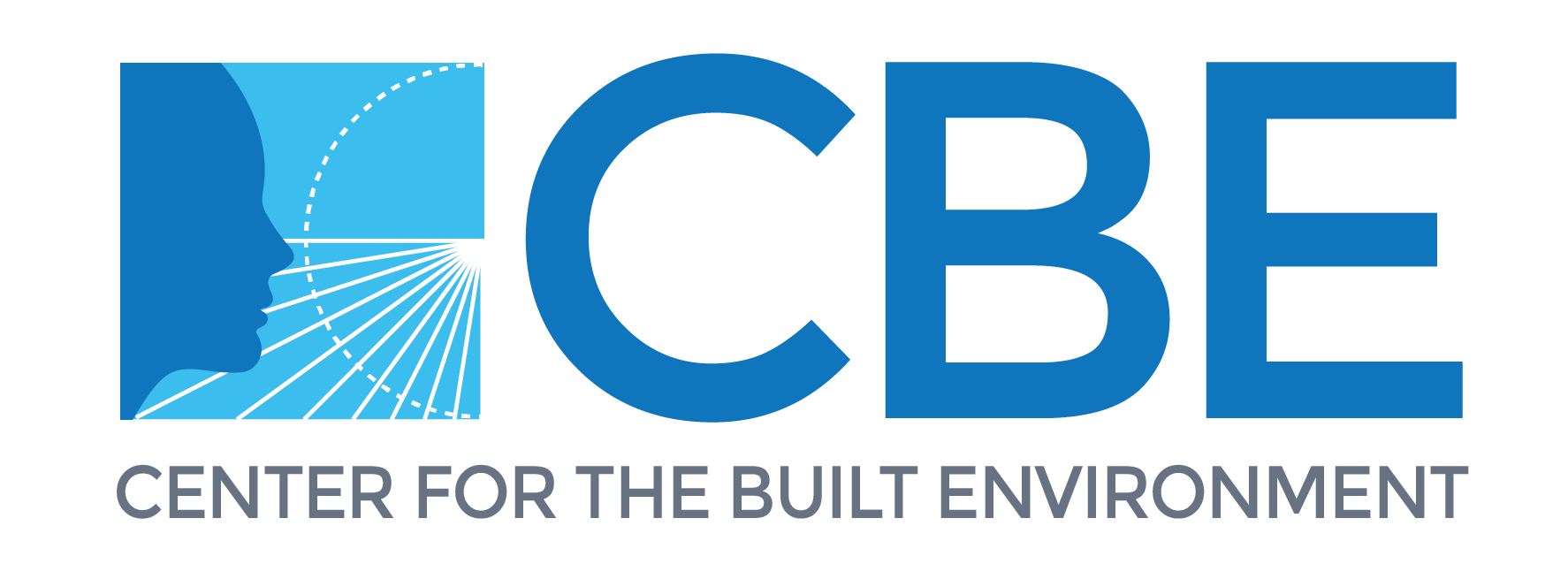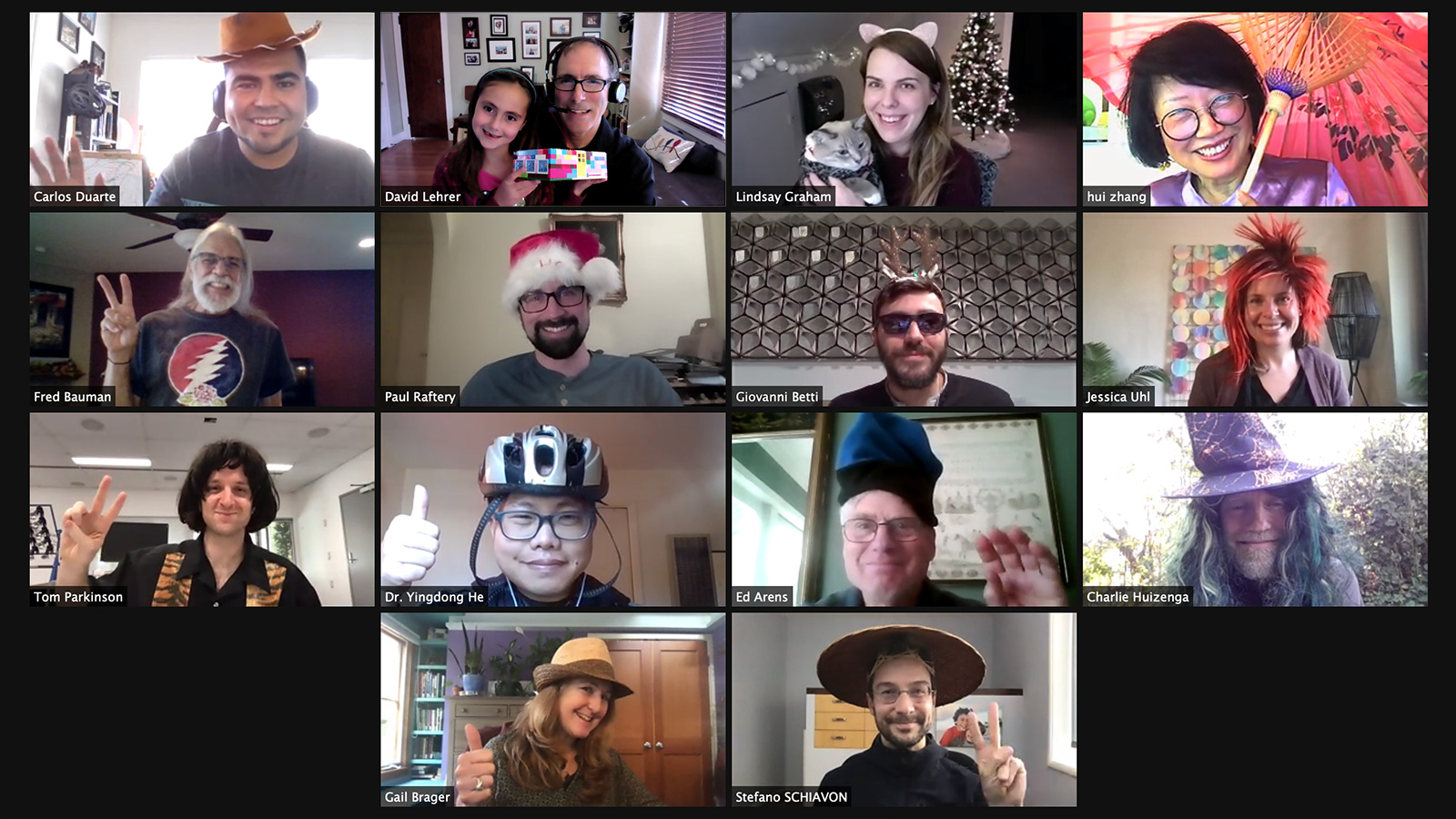As we reach the final weeks of 2020 — a year we are all happy to put behind us — we take a moment to reflect on the many challenges of the year, and also some successes made possible through the support and resilience of our industry partners and collaborators who navigated with us through truly unprecedented times.
The ongoing Covid-19 pandemic has uprooted every aspect of our lives: work, school, family. Our thoughts go out to those impacted by the virus, and we applaud the health care professionals and essential workers who put themselves at risk daily, whether to save lives or keep supply chains intact. Like most of our readers, CBE’s team adapted rapidly to working remotely when the shutdown began, which here in California came in mid-March.
In 2020 our nation also struggled with the senseless deaths of Black citizens, and saw more alarming evidence about the impacts of climate change, with record setting wildland conflagrations in the West and hurricanes in the East. Here in the Bay Area, while working from home and with many of us managing home schooling, wildfire smoke made it nearly impossible to venture outdoors or open windows for weeks at a time. In spite of the such challenges, CBE’s team has proven to be resilient and creative, and with the support of our industry partners and research affiliates, we continued to yield results and reach important milestones with our work throughout the year.
First, we are encouraged that our membership remained strong even through this year’s economic uncertainties. We were happy to be joined by two new AEC partners this year: Harris, a national mechanical contractor offering an extensive range of services from design through operations, and JLG Architects, a fully employee-owned practice with numerous offices in the Midwest.
We were also thrilled to have two new team members join us this year. Giovanni Betti joined UC Berkeley as an Assistant Professor of Architecture. His background brings together architectural practice and expertise in building performance, and he is already making contributions to both CBE’s research and Berkeley’s architectural program. We are also joined by post-doctoral researcher Carlos Duarte, who has already made impressive contributions to CBE’s work during his doctoral studies.
We were successful in gaining significant funding awards, with help from many partners who wrote letters of support, joined our project teams, and/or provided valuable match funding through their membership investments:
- This summer we were awarded $1.4M from the California Energy Commission to develop innovative control technologies for reducing natural gas use in large commercial buildings. For this study, Getting Out of Hot Water: Reducing Gas Consumption in Existing Large Commercial Buildings, CBE partner Genentech will provide two buildings as field sites, and Price Industries will provide in-kind support at its HVAC lab.
- CBE is one of 30 research testbeds supporting the CalTestBed Initiative, a commercialization program for entrepreneurs working to bring clean energy concepts to market. We will announce the next solicitation for products in the spring.
- An award from NSF is supporting our collaboration with Embr Labs on the development of wearable devices that provide real-time data for buildings and comfort. We hope this work will expand our knowledge of how personal comfort systems decentralize space conditioning in buildings.
- We have funding with the International Energy Agency’s Annex 80: Resilient Cooling for Residential and Small Non-Residential Buildings. We will evaluate occupant cooling by fan-powered air movement and personal comfort systems, and via natural ventilation through windows.
- With generous support from CBE industry partner Sanken, we are renovating CBE’s climatic test chamber, which will allow us to study radiant systems in ways we haven’t been able to do before.
- The SinBerBEST program received its next round of funding through 2022. This program allows CBE faculty to work with researchers in Singapore on topics of relevance, and findings and tools have been presented at CBE industry partner meetings.
In spite of the year’s challenges, our research team was also highly productive, which yielded numerous publications, design tools and positive external outcomes:
- CBE research team produced 29 publications, including two papers that received 2019 Best Paper Awards from Building and Environment, including for our field study of personal comfort devices. We received the 2019 ASHRAE Journal Best Paper Award for our seminal paper on reducing overcooling while also saving energy.
- We completed a multi-year study of integrated smart ceiling fans and communicating thermostats in affordable multi-family housing and mixed-use buildings, with encouraging energy findings summarized here. The project also produced an online ceiling fan design tool and a ceiling fan design guide to assist designers and others incorporate this low-energy and fast-acting approach to indoor cooling.
- We made many improvements to CBE’s occupant survey, including an improved report format, rolling out a biophilia module, and versions to support WELL Certification requirements CO3 and CO4.
- We have improved many online resources useful to partners, including major updates of the CBE Thermal Comfort Tool and release of a Python thermal comfort software.
- CBE research was influential in several important changes to ASHRAE Standard 55, extending the adaptive model to mixed-mode buildings when air-conditioning is not running, creating a model for thermal stratification, and creating comfort classifications that acknowledge human variability and encourage occupant control.
- PhD candidate Won Hee Ko published a study on the impacts of window view, and began new work to create a window view index. Her work led to her receiving a Philanthropic Educational Organization Scholar Award and a scholarship from the AAa/e Foundation.
- Finally, we hosted two virtual and well-attended public events on decarbonizing buildings. In May the focus was on embodied carbon, and in October our panel discussed operational carbon.
We thank our dedicated research staff, our industry partners and also our many research affiliates, without whom these accomplishments would not have been possible. At the time of this writing, we are currently enduring what may be the worst surge of the pandemic, and most of our staff have cancelled any travel plans we may have had. However, 2021 is thankfully promising to be a much better year, with vaccines being rolled out and new capable leadership in Washington. We sincerely wish for you, our readers, a warm and safe holiday season.

